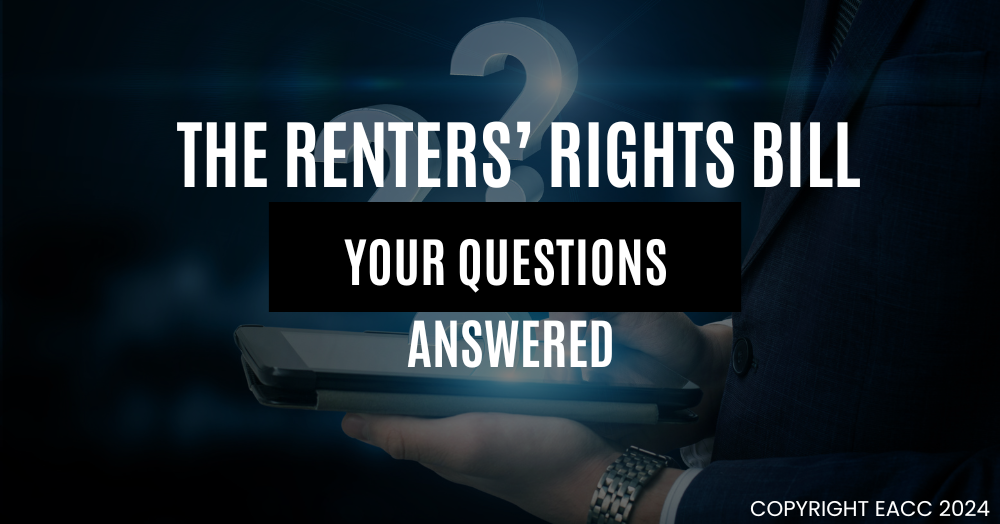
The Renters’ Rights Bill: Your Questions Answered
The Renters’ Rights Bill is a big news story in the property rental world right now.
And there are lots of myths and inaccurate information being punted around.
In this article, we’ll give you straight answers to three of the most common questions landlords are asking us.
Will I be able to evict tenants if I need to?
The honest answer is: yes and no.
All tenancies will be periodic tenancies. There will be no fixed-term shorthold tenancies as there are now. Tenants will be able to stay as long as they wish.
But if your tenants break the terms of the tenancy, for example, if they damage your property or have serious rent arrears, then yes, you will be able to evict them. It should be easier and quicker than now.
No-fault evictions, also known as Section 21 evictions, won’t be allowed. No-fault evictions are when a tenant hasn’t broken their tenancy terms, but a landlord simply wants to regain possession of their property.
However, if you want to sell the property or move in yourself, you will be able to evict them.
Because of this, it will be more important than ever to find and keep the best tenants – something a good letting agent will be able to help with.
Will I be able to increase the rent? (Will there be rent controls?)
You will be able to increase the rent up to current market levels once a year during a tenancy. Tenants will be able to challenge it if it is any higher. You will be able to increase the rent as much as you like between tenancies.
What is likely to happen, perhaps, is that unlike now when many landlords don’t raise the rent annually, many will raise it to the maximum allowed every year.
This is a judgement call for a landlord to make, but it is certainly something a good letting agent will be able to advise on.
Will it still be worthwhile being a landlord?
Undoubtedly, there will be more red tape. But, looking on the bright side, there could be positives, too.
If more landlords leave the market, then, thanks to low supply and high demand, rents could be pushed up. That could mean better returns for landlords who stay in the market.
So yes, it could still be well worthwhile being a landlord. But it will be essential to be very well organised. Again, a good letting agent can help manage this for you.
Finally, remember the Renters’ Rights Bill is just a proposal. It is not yet law.
There could be lots of changes proposed in the months ahead.
Watch this space and we will keep you updated as the story develops.
Do you know other landlords who could benefit from this information? Please feel free to share this article with them.